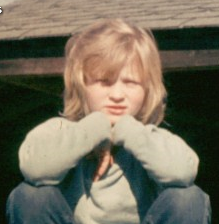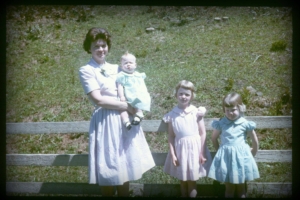Louise Glück, “Presque Isle”

Presque Isle, MichiganH
Here’s a poem by Louise Glück, winner of last year’s National Book Award for Poetry. This poem makes me think of something my teacher, Nelson Bentley, used to say, “Recurring memories are poems, asking to be written.”
PRESQUE ISLE
In every life, there’s a moment or two.
In every life, a room somewhere, by the sea or in the mountains.
On the table, a dish of apricots. Pits in a white ashtray.
Like all images, these were the conditions of a pact:
on your cheek, tremor of sunlight,
my finger pressing your lips.
The walls blue-white; paint from the low bureau flaking a little.
That room must still exist, on the fourth floor,
with a small balcony overlooking the ocean.
A square white room, the top sheet pulled back over the edge of the bed.
It hasn’t dissolved back into nothing, into reality.
Through the open window, sea air, smelling of iodine.
Early morning: a man calling a small boy back from the water.
That small boy — he would be twenty now.
Around your face, rushes of damp hair, streaked with auburn.
Muslin, flicker of silver. Heavy jar filled with white peonies.
–Louise Glück








 The assignment today is to write about a family photograph. As it is also Easter, I thought I’d share an Easter photo from my childhood. My parents took one of us every year — from when there were three kids, to the time my older brother left home. About.
The assignment today is to write about a family photograph. As it is also Easter, I thought I’d share an Easter photo from my childhood. My parents took one of us every year — from when there were three kids, to the time my older brother left home. About.